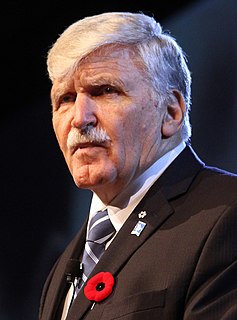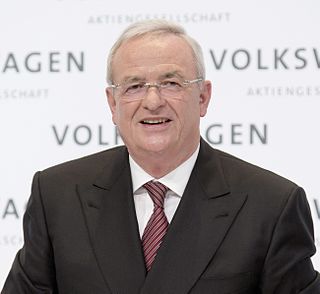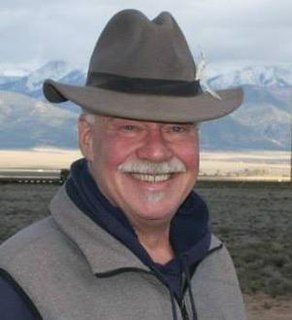A Quote by Herman Kahn
New developments in weapon systems during the 1950s and early 1960s created a situation that was most dangerous, and even conducive to accidental war.
Related Quotes
On the justification for the war, it wasn't related to finding any particular weapon of mass destruction. In our judgment, it was much more fundamental. It was the removing of a regime that was hostile, that clearly had the intention of constructing weapons systems. ... I think, frankly, that everybody knew the post-war situation was probably going to be more difficult than the war itself. Canada remains alienated from its allies, shut out of the reconstruction process to some degree, unable to influence events. There is no upside to the position Canada took.
It may seem unimaginable to you that child soldiers exist and yet the reality for many rebel and gang leaders, and even state governments, is that there is no more complete end-to-end weapon system in the inventory of war machines than the child soldierMan has created the ultimate cheap, expendable, yet sophisticated human weapon at the expense of humanity's own future: its children.
The most dangerous thing Iraq could have ever had was a nuclear weapon. The nuclear weapon Iraq was trying to build was not deliverable by bomb or ballistic missile. It was a large, bulky device that they hoped to bury and set off to let the world know they had a nuclear weapon. They never achieved that.
Toward the end of the Cold War, capitalism created a military horror: the neutron bomb, a weapon that destroys life while leaving buildings intact. During the Fourth World War, however, a new wonder has been discovered: the financial bomb. Unlike those dropped on Hiroshima and Nagasaki, this new bomb not only destroys the polis (here, the nation), imposing death, terror, and misery on those who live there, but also transforms its target into just another piece in the puzzle of economic globalization.
Since the advent of the atomic bomb, the United States has always needed two kinds of enemies. On one level, it has needed a tactical enemy that it can go out and fight in the field in a shooting war. Since 1945, these enemies have been created and appeared as North Korea, North Vietnam, Grenada, El Salvador, Panama, Iraq and now Colombia. On another level, however, the US needs a strategic enemy that will justify outrageous expenditures of capital for strategic weapon systems like ICBMs, Trident submarines and "Star Wars" missile defence systems.





































